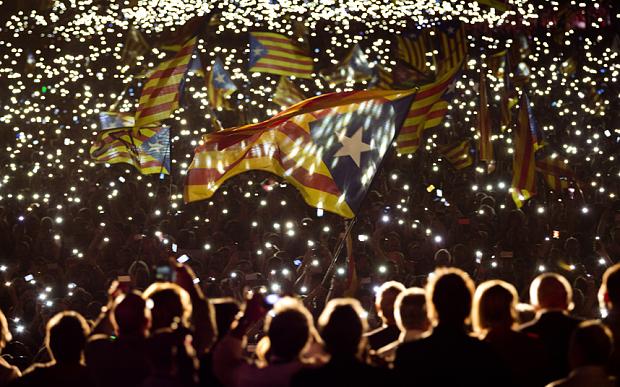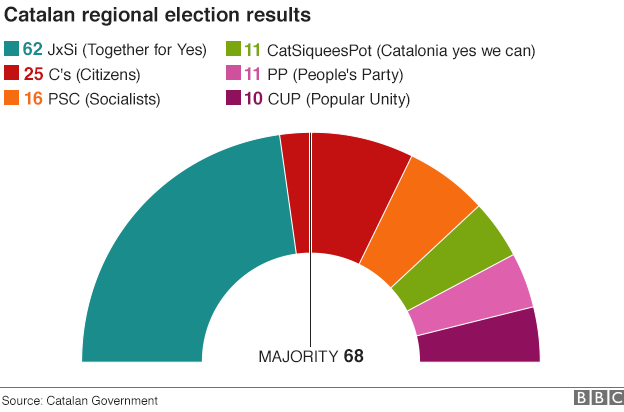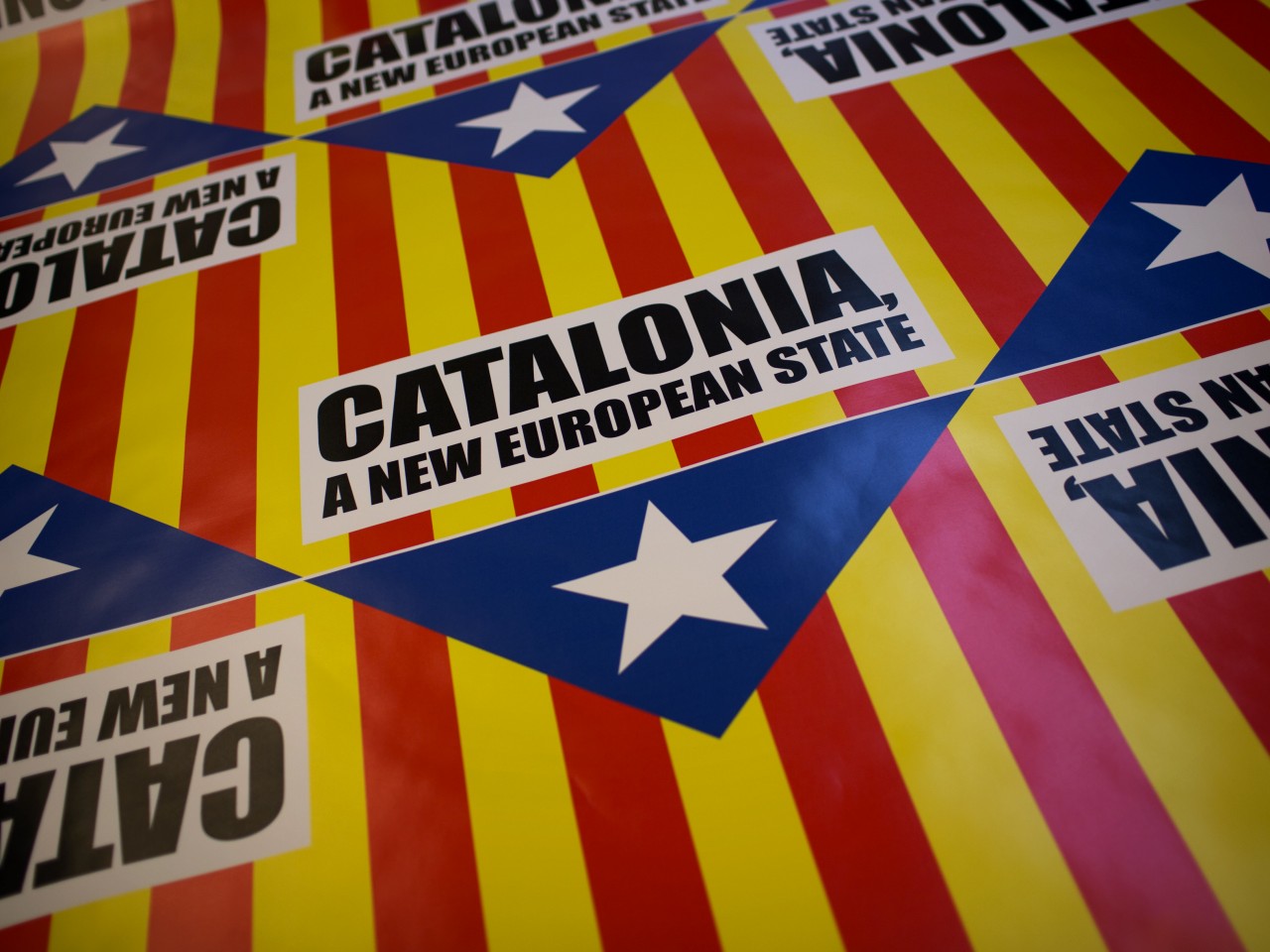Catalonia Independence Stirs Controversy in E.U.

The tension is quickly rising between Spain’s central government in Madrid and the political parties that are pushing for Catalonia’s independence of the region. The strong opposition and rejection for a formal referendum last year in Madrid has added more fuel to the fire for the pro-independence parties and the campaigns and rally’s that Artus Mas, the Catalan president, has been rolling out. While this has been a hot topic in the past for the parties involved, a middle ground approach would be in the best interest for those on both sides of the argument for any positive change to occur.
A strong push for independence…why now?
Economic and cultural issues are at the root of these frustrations among the Catalan people. Tensions have been growing in the region dating back to the mid-17th century, when Catalan residents rose against the monarchy during the War of the Reapers against unfair taxation. Later in the mid-20th century, Francisco Franco’s dictatorship in Spain suppressed the Catalan identity and language and abolished several political institutions of the region. During my time living in Barcelona in 2010, I can clearly remember the palpable passion that Catalans have for their language, traditions, food and more. Maintaining that is a large part of who they are and they are proud to show it.
More recently, the economic crisis that the country has endured has contributed to the wide notion that Catalonia pays more in taxes than it receives back in financial support from the central government. As a region, it has a lucrative tourism industry and lower unemployment than the rest of Spain. Barcelona is a vibrant and diverse city, with a lot to offer. Having lived there for a bit, I can see why Catalans don't want to be succeptable to giving up unique aspects of their culture-in reality, who would? The economic burden that Catalan has confronted with Spain along with the desire to maintain a strong cultural identity in the region has led Mas to make several efforts for negotiations with Spain’s government in Madrid. As if the issue would go away on its own, Madrid rejected any forum for negotiation and the call for a referendum last year.
Among the debate came an unofficial regional parliamentary election in Catalonia on Sept. 27, when the "Junts per Si" ("Together for Yes") separatist alliance narrowly won in support for independence. While many Catalans are in support of a legal referendum, polls suggest that they are divided that secession would be a realistic nor an ideal outcome for the region.
So, is this a realistic outcome? And what would it mean?
Given the historical tensions between Catalonia and the central government in Spain, I don't think that a clean secession from Spain will come to fruition. While economic and cultural motives are behind the tension on both sides, the complex nature of the parties involved in the region is leading to a lot of political uncertainty moving into Spain’s general election this December.
While 2.3 million Catalan’s voted in the unofficial poll last Sunday, this is being positioned by the central government as political propaganda, and they are making it clear that any further discussions will be taking place in the court. To add to the turmoil, Mas is now being summoned by Catalonia’s higher court for staging a vote on independence in 2014 when Spain had already rejected any form of a referendum.
The question of whether or not Catalonia would remain within the EU is the latest coming out of last week’s victory for pro-separatists. Those for independence warn that it would be detrimental to Europe as a whole to expel the region from the EU, while those against independence and other international policy makers insist that this would be the result and Catalonia would be at the end of the line to re-enter the EU.
With this tension continuously building and the maintained uncertainty of what is to come, the spotlight is already shining brightly on Spain’s general election in December. Perhaps then, the Spanish government can offer concrete reasons to pro-separatists against breaking away and a sort of negotiation can be held rather than the strict "yes" and "no" positions that are currently being heard by the citizens of Spain and the region of Catalonia. It's important that Catalan maintains its autonomous identity and vibrant culture, but the way it's being handled on both sides will likely lead to more challenges and opposition down the road.
Scotland has also recently fought for independence from the United Kingdom. Read about the Scottish referendum here.
(Photos: BBC, The Progressive, video: Seeker Daily)









